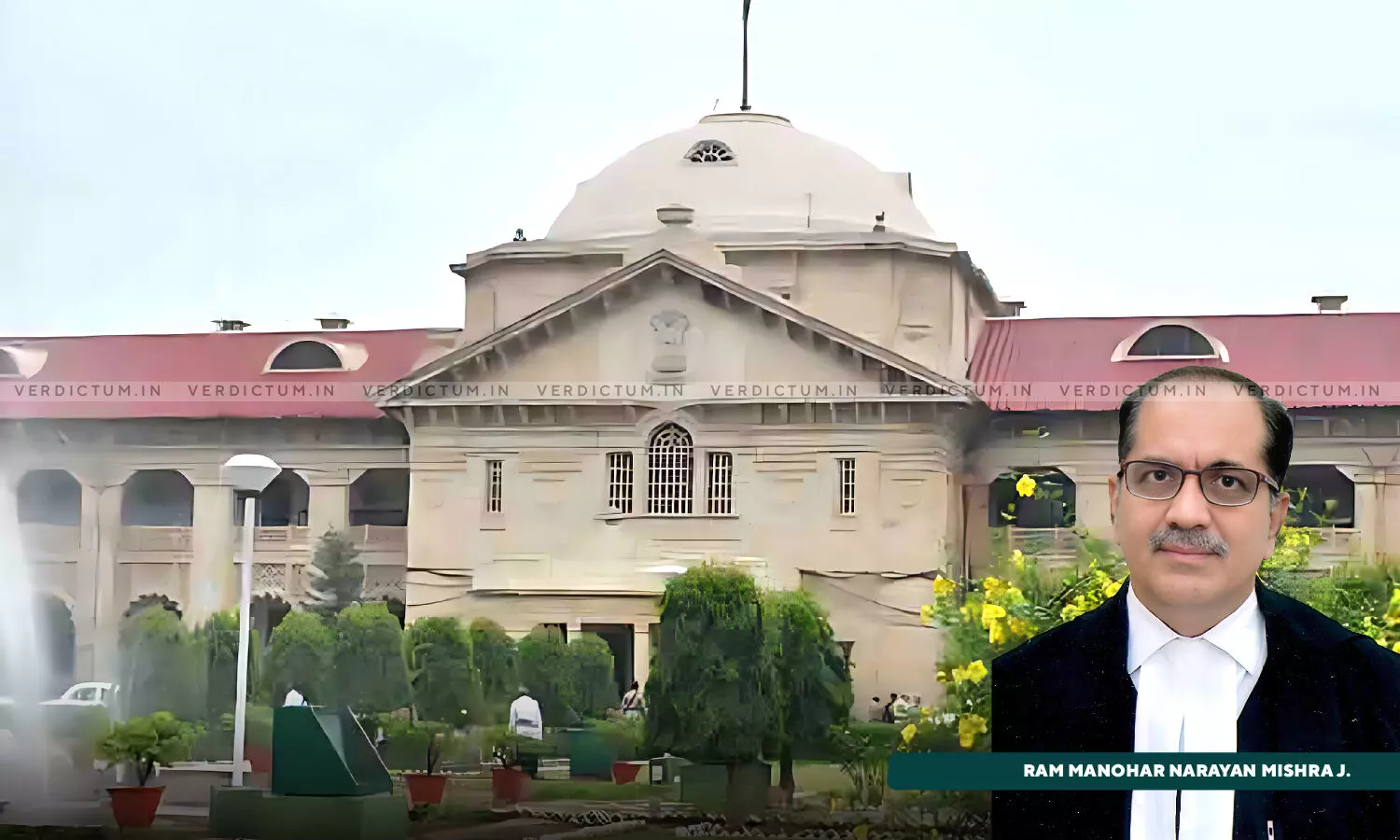
'Not Supposed To Be Beneficiary Of Any Demand Of Dowry': Allahabad HC Discharges Sisters-In-Law From A Case U/S 498A IPC
 |
|The Allahabad High Court set aside a case under Section 498A of the Indian Penal Code, 1860 (IPC) against the sisters-in-law of the complainant.
The Court, upon reviewing the facts and circumstances, observed that the sisters-in-law were not closely connected to the reported instances of matrimonial cruelty and dowry demand.
The Court noted that the Trial Court overlooked this aspect when rejecting their application under Section 245 of the Criminal Procedure Code, 1973 (CrPC).
“The court below, while dismissing the discharge application has failed to notice the role of the revisionists and the probability of their false implication, as these are married sisters-in-law of the complainant who are stated to have been living at far away place during the period when offence of matrimonial cruelty and demand of dowry was practised against the complainant. They are not supposed to be beneficiary of any demand of dowry made by co-accused persons”, the Bench of Justice Ram Manohar Narayan Mishra observed.
Senior Advocate Anil Kumar Srivastava appeared for the Revisionist and Additional General Advocate Yogendra Singh Yadav appeared for the State.
A Criminal Revision was filed before the High Court challenging the judgment and order passed by the Trial Court whereby the application for discharge under Section 245 of CrPC moved by accused persons was dismissed.
The complainant had filed a complaint, alleging mistreatment and cruelty in her marriage. Despite the accused persons challenging the summoning order and filing a petition to quash the proceedings, the Trial Court proceeded with the case. The accused persons subsequently applied Section 245 CrPC seeking discharge, claiming false implication. The Trial Court, after considering the evidence and facts, dismissed the application, stating there was sufficient evidence to frame charges. The married sisters-in-law of the complainant, who are the revisionists, challenged this decision, asserting their innocence and claiming harassment.
The Court noted that the revisionists, who are the married sisters-in-law (Nanad) of the complainant, asserted that they were wrongly implicated in the case. The complainant herself admitted during cross-examination that these revisionists were already married and living with their respective spouses when she found out after her marriage. The revisionists argue that they are being dragged into the dispute between the complainant and her Husband with generic and overarching allegations.
Despite their discharge application being dismissed, the Bench noted that they were not living with the complainant and were residing at distant places.
The Court noted that the Trial Court overlooked the role and potential false implication of the revisionists, who are the married sisters-in-law of the complainant. The revisionists were living at a considerable distance during the alleged period of matrimonial cruelty and dowry demand. Given their distant location, they were unlikely to have benefited from any dowry demand made by the co-accused. The Court directed the Trial Court to reconsider the application for rejection of the discharge application.
Accordingly, the Court allowed the revision and set aside the impugned order.
Cause Title: Smt. Lakshmi Poddar @ Shikha Poddar And Another v State of U.P. and Another (2023:AHC:242455)